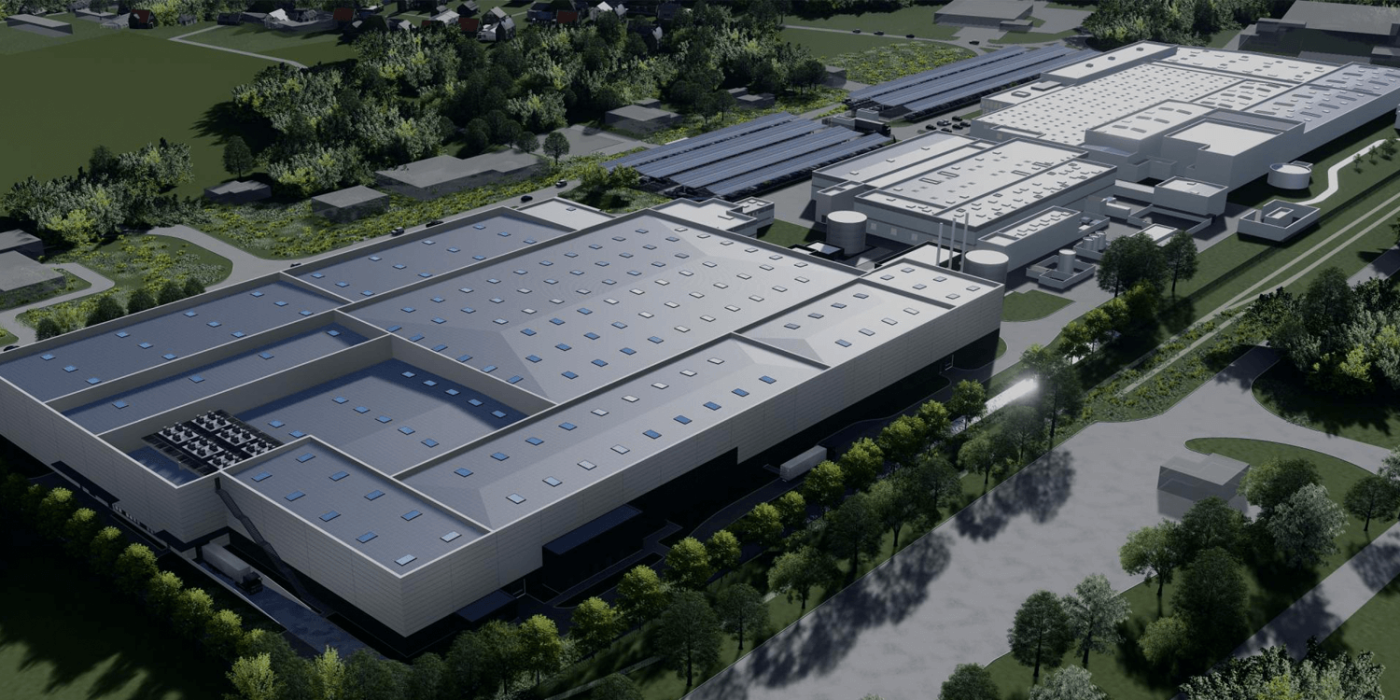Start of Saft battery cell pilot production in France
France’s head of state Emmanuel Macron and Germany’s research minister Anja Karliczek have given the official go-ahead for a battery cell pilot production in a factory of the manufacturer Saft in Nersac, southwest France. The pilot plant is scheduled to go into operation in mid-2021.
At the meeting Macron called the project the “Airbus of batteries”. Representatives of Total said that it is planning investments of around 200 million euros. The battery manufacturer Saft belongs to the energy company.
The pilot production in southwest France is only the first step of the European battery consortium, also involving German car manufacturer Opel. “The pilot production that we have here now is the precursor for series cell production,” said Karliczek. Series production of battery cells is then planned in Douvrin in northern France (from 2023) and Kaiserslautern, Germany at Opel. This is where production is to begin in 2024.
On the fringes of the deadline, Saft announced its intention to set up a joint venture with PSA called Automotive Cell Company (ACC). In this joint venture, the “know-how to develop EV battery manufacturing activity in Europe” will be bundled. Initially, it will be a 50:50 joint venture, mainly for pilot production. The plan is that during the commercial production phase, Saft’s share in ACC will drop to 33 per cent, as the company announced. Saft is very confident about the expected research results. The technology used is supposed to offer maximum energy efficiency and a lower CO2 balance than the competition in terms of both range and charging time.
At the presentation of the consortium in September by Federal Minister for Economic Affairs Peter Altmaier and his French counterpart Bruno Le Maire, it was still stated that the German-French pilot plant was to start in 2019. In the course of the approval of the funding by the EU Commission in December, it then became known that two factories with a capacity of 32 GWh each are to be built in Douvrin and Kaiserslautern.
The battery cell factory is essential news for the Opel component plant, as the plant has faced an uncertain future so far, as some of the parts for combustion engines produced there will be less in demand in the future. Today, the plant is one of the largest employers in the region with around 3,000 employees.
With the subsidised battery factories, the governments of EU countries want battery cells production to take root in Europe. “We need to be able to produce our batteries; this is a matter of industrial sovereignty and the reduction of CO2 emissions,” Macron said at the event.
So far, Asian cell manufacturers, in particular, have set up or announced factories in Europe, while European carmakers and suppliers have shied away from investing billions. But that now seems to be changing. Volkswagen, and the Swedish company Northvolt have also decided to build a cell factory in Salzgitter with a capacity of 16 GWh (expandable to 24 GWh). The plant is scheduled to start production at the end of 2023, and pilot production is already underway. Northvolt itself is also planning its cell factory in Skellefteå, Sweden. It is expected to start production there in 2021 with a capacity of 32 GWh and to expand to 40 GWh by 2024.
At the end of November, a second battery consortium of several European companies was submitted to the EU Commission for pre-notification. However, it has not yet been confirmed which companies are involved, or where and to what extent plants are to be built.
handelsblatt.com (in German), saftbatteries.com





0 Comments